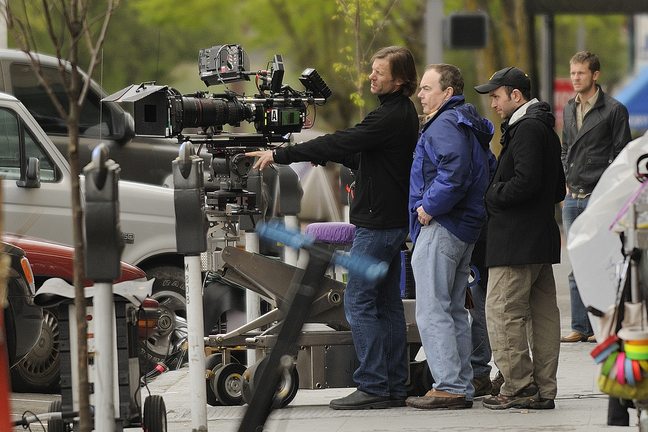Several film and television projects have filmed at least partially in Vancouver, including:
“Extraordinary Measures,” a 2010 film starring Harrison Ford, Brendan Fraser and Keri Russell.
“Train Master II: Jeremiah’s Treasure,” a 2010 film starring Jeanine Jackson, Michael Biesanz and Ayanna Berkshire.
“Twilight,” a 2008 film starring Kristen Stewart and Robert Pattinson.
“Leverage,” an ongoing TNT show starring Timothy Hutton that debuted in 2008.
“The Ring,” a 2002 film starring Naomi Watts.
“Shadow Play,” a 1986 film starring Cloris Leachman.
Source: http://www.washingtonfilmworks.org
http://www.washingtonfilmworks.org
Washington lawmakers opted not to extend the state’s film incentives program in the most recent legislative session.
It seems, however, that this decision, though disappointing to some, will have little impact on local filmmakers.
“Unless you’re a bigger filmmaker, you can’t take advantage of those things,” said Alexander “Sandy” MacKenzie, founder, president and chief executive officer of Highland Light Productions and writer and director of “Dancing on the Edge.” “If you’re a local filmmaker, it doesn’t do you much good.”



